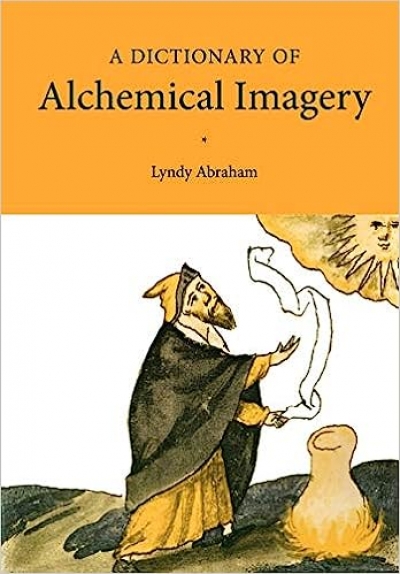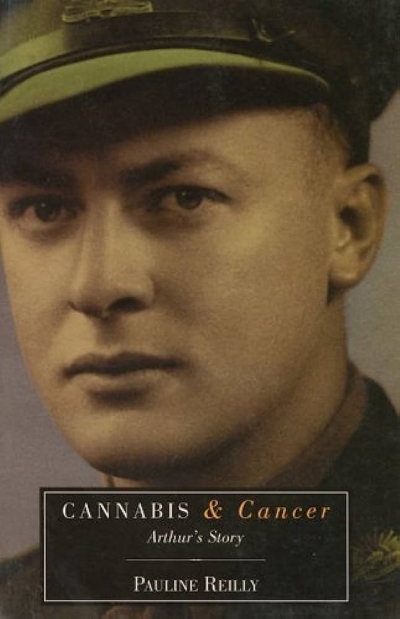Archive
The Presence of Angels by Margaret Barbalet & Coldwater by Mardi McConnochie
Don Anderson
Donald Home’s Looking for Leadership: Australia in the Howard Years (Viking) gives us an octogenarian social commentator in youthful form. Unlike our leaders, Home translates difficult ideas into something with connections to human lives. John Forbes’s Collected Poems (Brandl & Schlesinger) is an invaluable collection of work by a major poet – Sydney’s finest since Slessor. Southerly (edited by David Brooks and Noel Rowe) is a senior citizen reborn. Decades ago, an eminent Catholic historian described Southerly as ‘the undertakers’ journal’. It is now firmly in the land of the living, and balances scholarly essays, matters of record, and imaginative literature.
... (read more)At night the eyes return
to chaopolitan Pigalle,
its bright explicit boulevards,
those jagged unlit backstreets,
women lean and watch.







